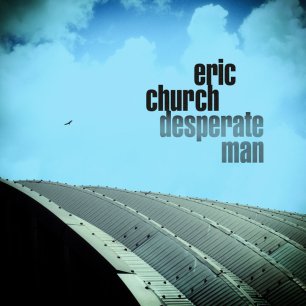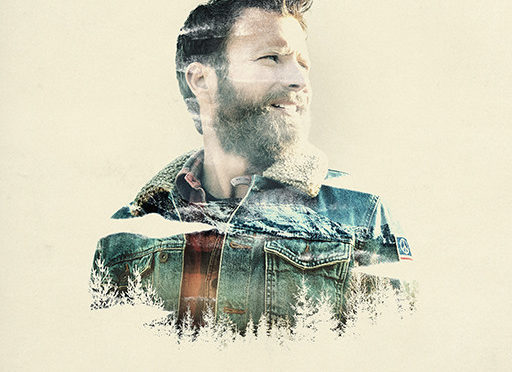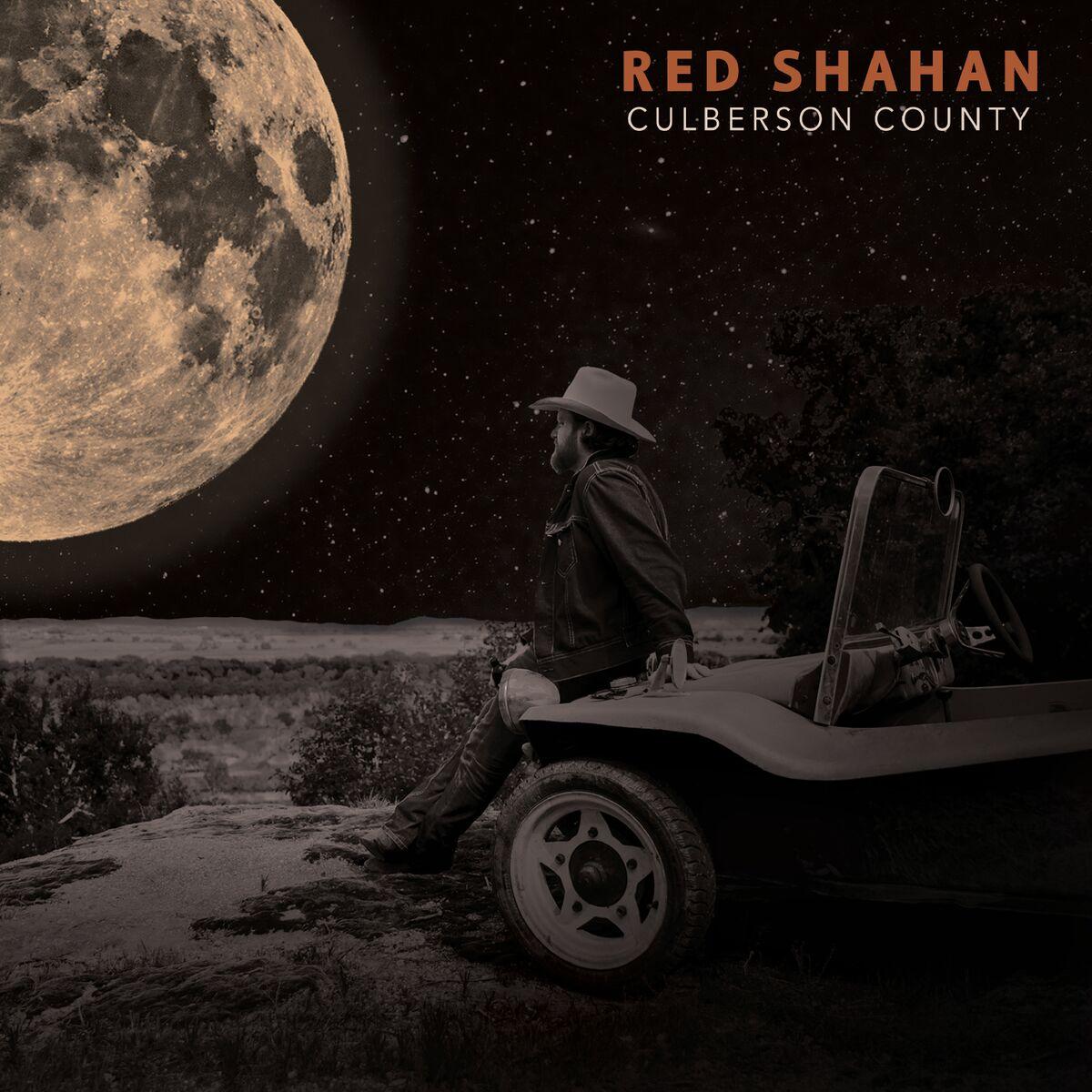Rating: 9/10
At this point in his career, we all know that Eric Church isn’t really a country artist. His music is and always has been more correctly labeled as roots rock. But that’s not really the point anymore with Church, unless perhaps you’re a firm traditionalist who is only interested in music soaked with fiddle and steel. The bigger point with Eric Church is that in a mainstream full of compromise, he remains his own man, and in a world of drum machines and watered down lines, his records are organic sonically and intelligent lyrically. It may not be very country–although the songwriting on this record and even the instrumentation in a few places certainly can be argued as such–but Desperate Man is firmly and unashamedly roots music, with bluesy interludes and extended guitar solos, and radically different from the majority of major label albums, certainly different from those albums that are still somewhat radio-supported. Eric Church has not abandoned radio, or maybe it would be more accurate to say radio has not abandoned Eric Church, but you get the feeling listening to this album that airplay is a secondary concern, the primary ones being appealing to his fans, and most importantly, doing whatever he damned well pleases.
The rootsy, organic nature of this record is so refreshing. It’s not experimental to the point it loses sight of itself like much of The Outsiders, but the instruments are allowed to breathe more so than on Church’s last record, Mr. Misunderstood. Desperate Man balances the feel of those two albums well, finding and keeping the best elements from each of them. This record finds Church more sure of himself and his sound than ever before, and although there are varying influences, it feels less like the aimless wanderings of The Outsiders than just simply trying to correctly interpret each song and capture the right mood and style to fit the lyrics. He’s never in a hurry to get to the point, often meandering through various chords and guitar licks before settling into the groove of a song. The album opener, “The snake,” introduces the record with over a minute of bluesy guitar picking before any other instruments join the party. “Heart Like a Wheel” wanders through dissonant chords and arpeggios before sliding into its groove and selecting a key, and “Solid” features almost an instrumental prelude of drums and electric guitar flourishes ahead of the actual song. These are little things, but they really enhance the record, giving it a cohesive, continuing feel all the way through and further stressing the point that this isn’t your typical mainstream record full of artificial drumbeats and electronic sounds. These are actual musicians playing actual instruments and giving the album a bit of a live feel.
And you can say Eric Church isn’t country, but it’s hard to classify a song like “Jukebox and a Bar” as anything else. Sure, crying steel is replaced with electric guitar licks, but this is your classic country heartbreak song about drowning sorrows in a bottle. “Some of It” and “Hippie Radio” feature prominent acoustic guitar and country songwriting, the former detailing all the lessons life teaches you on the journey, and the latter being a story song revolving around the radio and how the different songs became the soundtrack of the narrator’s life, from driving around with his dad to starting a family of his own years later. Both of these could be accidental radio hits as well, fitting the format without compromising anything lyrically. “Solid” is another one that’s very country thematically; basically, think of a remake of Dierks Bentley’s “I Hold On.”
Vocally, Church just reaches a different level on this album. It’s like all the passion that we knew existed and which came out from time to time on his previous records finally reaches its full potential here. He slays the title track vocally, doing great justice to the songwriting of Ray Wylie Hubbard and singing with the same kind of fierceness and intensity that you can imagine Hubbard employing. This one is both better and worse in the context of the entire album–better because it fits the mood of the whole thing so well and worse because it’s not really a standout of the record. Church’s vocals are also on fine display in “Hangin’ Around,” the least country but also the most infectious tune on the album. He does a nice job building throughout “Heart Like a Wheel,” a song about opposites attracting that’s infused with some blues and soul. “Higher Wire” nearly stretches his range too far; it still works, but it admittedly may have worked better one key lower. Still, the strain goes well with the lyrics about this love that’s addicting and out of control.
Listening to this album, you keep waiting for that one obvious commercial single, but it doesn’t come. There’s no drop in quality lyrically and no compromise in the sound. Not every song is fantastic, but every song is good, and each belongs on the album. Desperate Man is eleven tracks and thirty-seven minutes long, with no filler and avoiding the mainstream trend to cram in as many songs as possible. Not only did Eric Church make the record he wanted to make, but the record he wanted to make was a damn good one. We should be both shocked and thrilled that this came out of the mainstream in 2018 and recognize it as a victory for artistic freedom and growth as well as one for organic roots music and quality songwriting. As for Church himself, this album signifies him finding his place vocally and sonically, releasing a record that not only stretches boundaries but also knows what it wants to be and carries out that vision well. This may not be for everyone, but again, that’s not really the point. It’s the album you want from Eric Church, the best of his career and certainly the strongest to come out of the mainstream this year.



